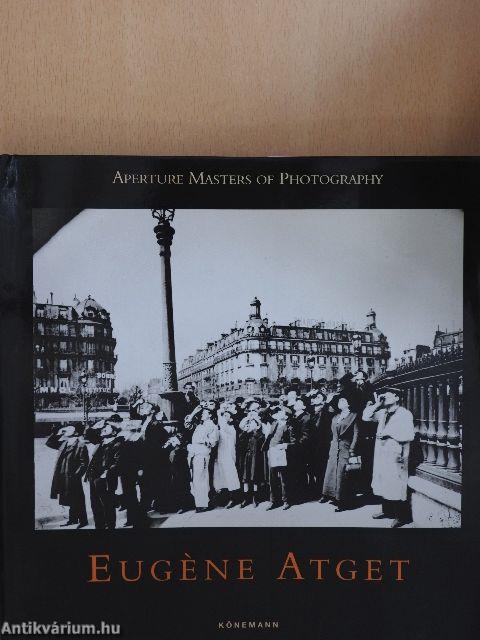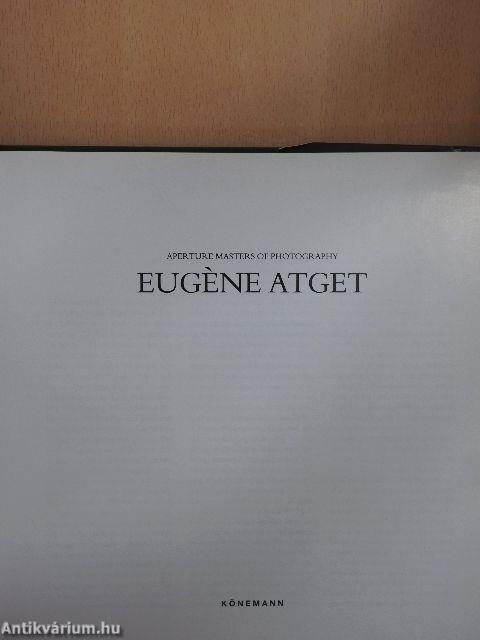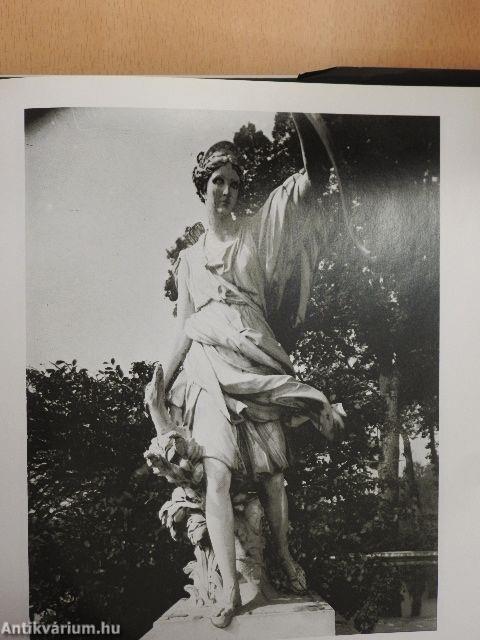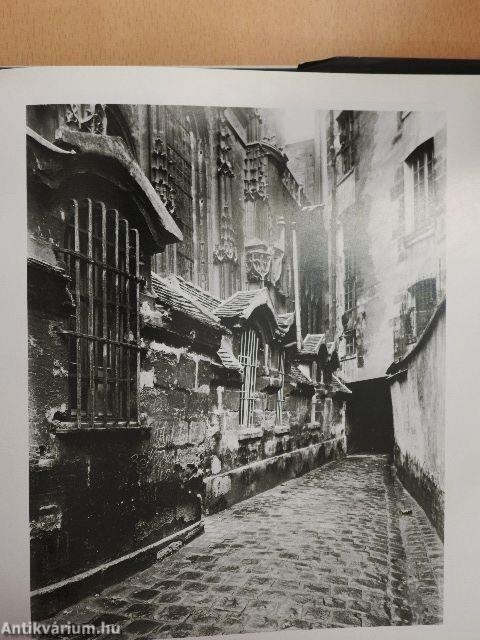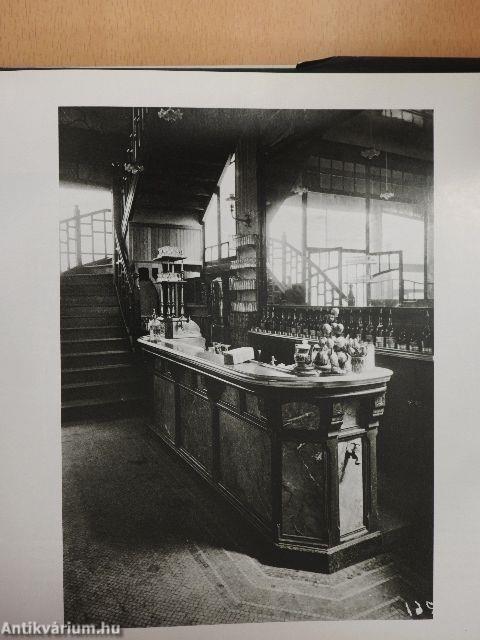1.069.245
kiadvánnyal nyújtjuk Magyarország legnagyobb antikvár könyv-kínálatát

VISSZA
A TETEJÉRE
JAVASLATOKÉszre-
vételek
Eugéne Atget
| Kiadó: | Könemann Verlags GmbH |
|---|---|
| Kiadás helye: | Köln |
| Kiadás éve: | |
| Kötés típusa: | Vászon |
| Oldalszám: | 94 oldal |
| Sorozatcím: | Aperture Masters of Photography |
| Kötetszám: | |
| Nyelv: | Angol Francia Német |
| Méret: | 21 cm x 21 cm |
| ISBN: | 3-89508-613-4 |
| Megjegyzés: | Fekete-fehér fotókkal. |
naponta értesítjük a beérkező friss
kiadványokról
naponta értesítjük a beérkező friss
kiadványokról
Előszó
TovábbFülszöveg
"With the marvelous lens of dream and surprise, Atget 'saw' (that is to say, photographed) practically everything about him, in and outside of Paris,
with the vision of a poet."
»Gefiltert durch ein wundersames Objektiv voller Träume und Überraschungen, >sah< (oder korrekter fotografierte) Atget alles in seinem näheren Umfeld, innerhalb und außerhalb von Paris, mit den Augen eines Poeten.«
« C'est a travers le merveilleux filtre du reve et de l'étonnement qu'Atget < vit > (c'est-a-dire photographia) pratiquement tout ce qui le concerne, a l'intérieur comme a l'extérieur de Paris, avec la vision d'un poete. »
Berenice Abbott
Eugene Atget photographed the city of Paris and its environs obsessively for almost thirty years. He discovered a market for documentary photographs of Old Paris, which were bought by artists as source material for their canvases. But for Atget, the production of photographs about old French culture was also an occasion for making art.
His phbtographs are... Tovább
Fülszöveg
"With the marvelous lens of dream and surprise, Atget 'saw' (that is to say, photographed) practically everything about him, in and outside of Paris,
with the vision of a poet."
»Gefiltert durch ein wundersames Objektiv voller Träume und Überraschungen, >sah< (oder korrekter fotografierte) Atget alles in seinem näheren Umfeld, innerhalb und außerhalb von Paris, mit den Augen eines Poeten.«
« C'est a travers le merveilleux filtre du reve et de l'étonnement qu'Atget < vit > (c'est-a-dire photographia) pratiquement tout ce qui le concerne, a l'intérieur comme a l'extérieur de Paris, avec la vision d'un poete. »
Berenice Abbott
Eugene Atget photographed the city of Paris and its environs obsessively for almost thirty years. He discovered a market for documentary photographs of Old Paris, which were bought by artists as source material for their canvases. But for Atget, the production of photographs about old French culture was also an occasion for making art.
His phbtographs are unparalleled in their lucid realism and their lyrical response to the living pulse of the city and to artifacts that speak of human, life in almost every social class. His images of parks, lakes, shop windows, vendors, prostitutes, buildings, sculptures, and street scenes of Paris go beyond mere documentation to a poetic version of a time gone by. Atget created some ofthe most beautifully articulated images of light and space ever made with a camera-an imaginary world.
Eugene Atget fotografierte Paris und seine Umgebung fast dreißig Jahre lang mit einer wahren Besessenheit. Er entdeckte einen Markt für Fotografien des alten Paris, die von Künstlern als Vorlage für ihre Gemälde gekauft wurden. Aber für Atget bot die Produktion von Fotografien der alten französischen Kultur die Möglichkeit, ebenfalls Kunstwerke zu schaffen.
Seine Bilder sind in doppelter Hinsicht einzigartig: Ihr Realismus ist unverkennbar, aber zugleich sind sie auch eine lyrische Reaktion auf das pulsierende Leben der Stadt und auf die Artefakte, die in fast jeder sozialen Schicht von menschlichem Leben zeugen. Seine Fotografien von Parks, Seen, Schaufenstern, Verkäufern, Prostituierten, Gebäuden, Skulpturen und Straßenszenen in Paris überschreiten die bloße Dokumentation in Richtung auf eine poetische Version einer vergangenen Zeit. Atget schuf einige der schönsten Licht- und Raumstudien, die je mit einer Kamera gemacht wurden -eine Welt der Metaphorik.
Front cover/Titelbild/l' de couverture: Eclipse (Arnold H. Crane Collection), 1911 Frontispiece/Frontispiz/Frontispice: Eugene Atget by Berenice Abbott (Philadelphia Museum of Art) Vissza
Témakörök
Megvásárolható példányok
Nincs megvásárolható példány
A könyv összes megrendelhető példánya elfogyott. Ha kívánja, előjegyezheti a könyvet, és amint a könyv egy újabb példánya elérhető lesz, értesítjük.



